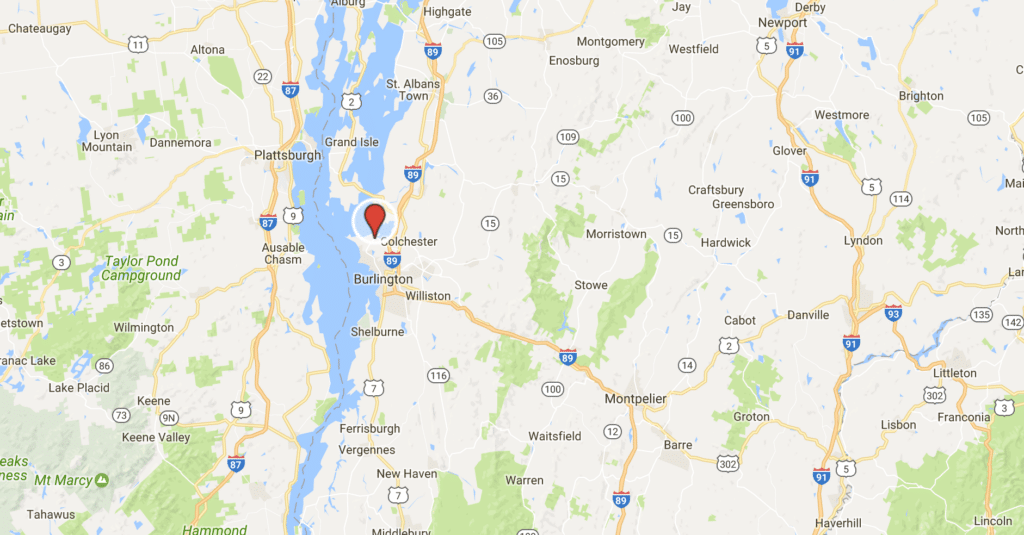By Shelley Navari
What Is a Heat Pump? What Is the Most Common Heat Pump in Vermont?
When researching heat pumps you’ve probably discovered 3 different kinds, air-source heat pumps, water-source heat pumps, and geothermal heat pumps. The most common type of heat pump in Vermont is the air-source heat pump, which transfers heat between your house and the outside air. For Vermont residents, air-source heat pumps, including both ducted and ductless units, are particularly popular.
- Ducted Units: Provide heating and cooling throughout the entire house.
- Ductless (Mini-Split) Units: Offer heating and cooling for specific areas of the house.

Benefits of Heat Pumps in Vermont
Installing a heat pump is one of the best ways to reduce your heating and cooling costs, minimize fossil fuel use, and lower your carbon footprint. Here are some key benefits of heat pumps in Vermont:
- Energy Efficiency: Heat pumps use ambient air and electricity to generate heating and cooling, making them super-efficient. If the electricity is sourced from renewable energy, you can significantly offset fossil fuel use.
- Cost Savings: While your electricity usage may increase, your overall fossil fuel consumption and costs will decrease. This balance often results in lower total energy bills.
- Year-Round Comfort: One heat pump can both heat and cool your home, providing comfort in all seasons. Modern heat pump technology has advanced significantly, allowing them to operate efficiently even in cold temperatures.
- Environmental Impact: By reducing reliance on fossil fuels, heat pumps help decrease your carbon footprint.
Will You Save Money with a Heat Pump?
The potential savings from installing a heat pump in Vermont depend on your current heating fuel. If you heat with propane, fuel oil, or kerosene, switching to a heat pump can result in significant savings.
Factors Affecting Savings
-
Home Layout: Ducted heat pumps can offset nearly all your fossil fuel use by integrating with your central heating and cooling system. Ductless units are ideal for homes with open floor plans, offering a fossil fuel displacement of 40% to 70%.
-
Fuel Price Variations: If fossil fuel prices drop significantly, the cost-effectiveness of a heat pump might be reduced.
- Weatherization: Ensuring your home is well-insulated and sealed can maximize the efficiency and savings from your heat pump.
Can You Afford a Heat Pump?
The initial installation cost of a heat pump in Vermont ranges from $4,000 to $15,000 or more. Fortunately, there are various low-cost loans, rebates, and tax incentives available to help offset these costs. Our website provides links to the latest financing programs and rebates.
Financing options, such as Home Energy Loans, can make the upfront cost manageable. In many cases, the monthly savings on energy bills can cover or exceed the loan payments.
Need Expert Heat Pump Advice?
At the Energy Co-op of Vermont, we’re here to help. Our cost estimates come with no obligation, so the only thing you have to lose is some fossil fuel and high energy bills!
Contact us today or call us at (802) 860-9040 to learn more about how Vermont heat pumps can benefit your home.








